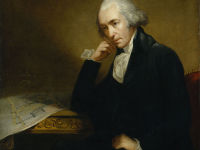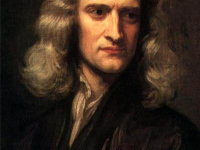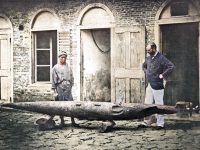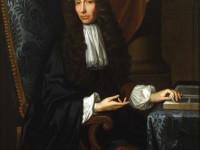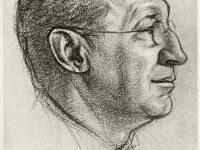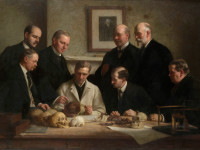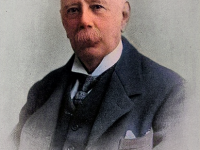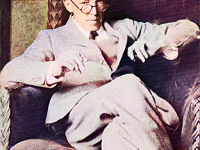Thomas Sopwith and his legendary Aircrafts
On January 18, 1888, English aviation pioneer and yachtsman Thomas Octave Murdoch Sopwith was born. Sopwith’s pioneering firm was famous for British WWI military aircraft, including the legendary Sopwith Camel. Thomas Sopwith’s Early Years Thomas Sopwith was born in Kensington, London, UK, as the eighth child and only son of Thomas Sopwith, a civil engineer and managing director of the Spanish Lead Mines Company, Linares, Jaén, Spain, and his wife Lydia Gertrude née Messiter. When he…
Read more



